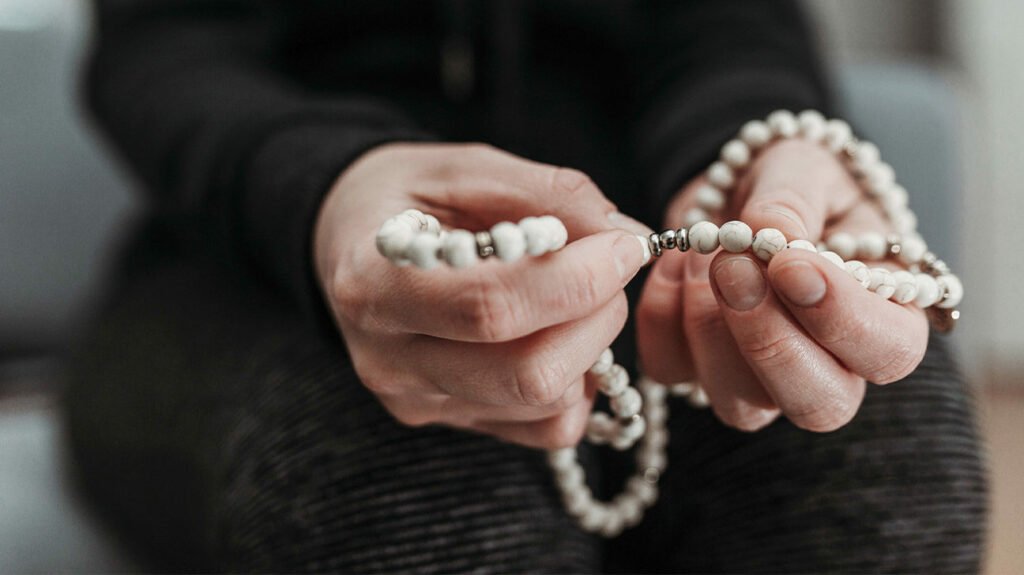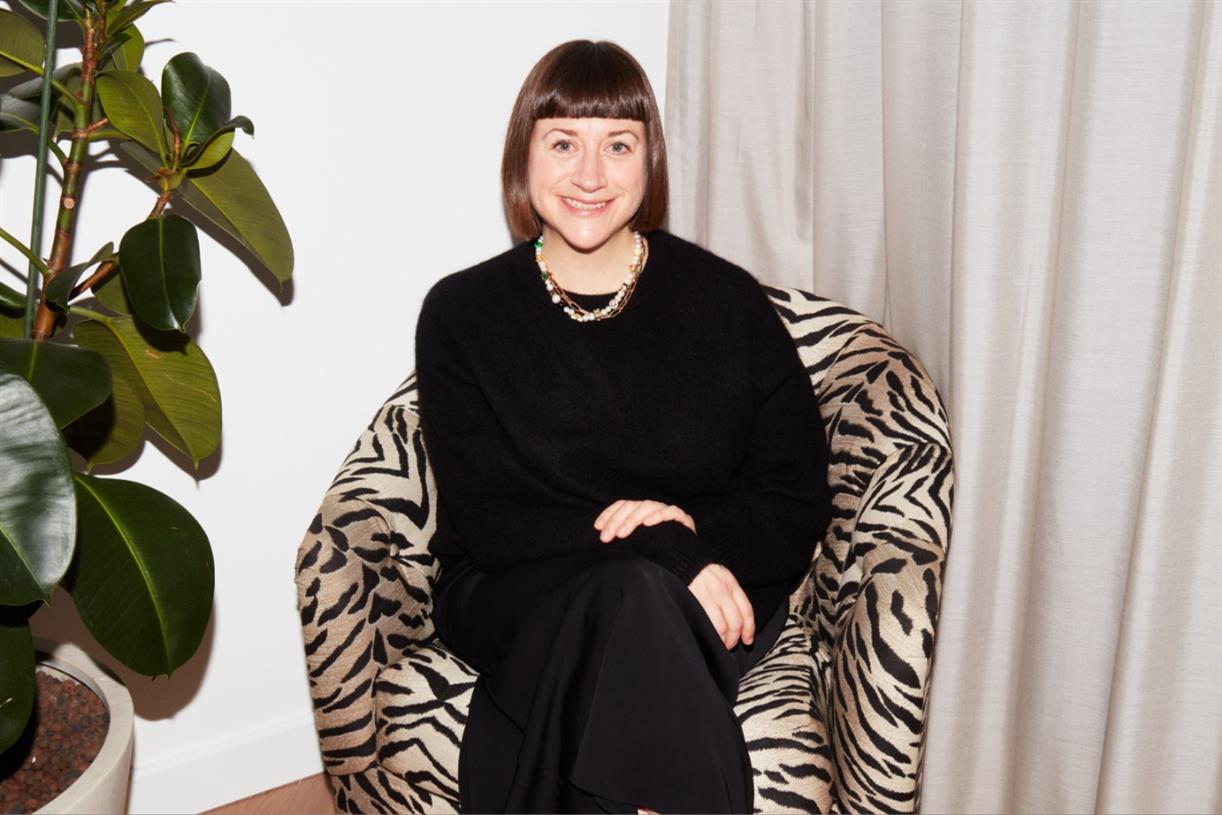Norway Is Paving The Path To Better Dementia Care—Here's How
An inspiring, holistic care program.

Advertisement
This ad is displayed using third party content and we do not control its accessibility features.

Beauty & Health Editor
Beauty & Health Editor
Hannah Frye is the Beauty & Health Editor at mindbodygreen. She has a B.S. in journalism and a minor in women’s, gender, and queer studies from California Polytechnic State University, San Luis Obispo. Hannah has written across lifestyle sections including beauty, women’s health, mental health, sustainability, social media trends, and more. She previously worked for Almost 30, a top-rated health and wellness podcast. In her current role, Hannah reports on the latest beauty trends and innovations, women’s health research, brain health news, and plenty more.
Image by Stocksy | Aleksandar Novoselski August 01, 2024 We carefully vet all products and services featured on mindbodygreen using our Our selections are never influenced by the commissions earned from our links. With such a strong focus on dementia prevention—whether it's adding healthy fats to your diet or challenging yourself to learn new things—it’s easy to overlook how we care for those already living with dementia. In America, and many other places for that matter, the norm is rather grim. Many people with dementia are placed in care homes where nearly everything is done for them—cooking, cleaning, and more. In some ways, this makes sense; dementia can hinder one's ability to perform certain tasks, such as driving, which naturally impacts independence. But what if there were other, perhaps better, ways to approach dementia care? To come, we explore an innovative dementia program Norway has been testing in recent years and why it might just be the blueprint for mindful, holistic dementia care.
Norway’s dementia care program puts community first
We learned about this program on a recent episode of the mindbodygreen podcast with Julia Hotz—a journalist and author of The Connection Cure. As part of her research into holistic healing worldwide, Hotz visited Norway to explore a unique dementia care environment: not a home or a hospital, but a farm.
This farm is a part of Norway’s national dementia care plan, which requires municipalities to provide dementia daycare that includes meaningful activities and opportunities for social connection. Farms aren’t the only option, but they particularly stood out to Hotz.
At the dementia farm she visited, residents engage in simple, purposeful tasks: feeding chickens, preparing eggs, and cutting up food for farm animals.
In between tasks, they take group walks, make meals together, and enjoy each other's company—making community-building a first priority.
The why behind the dementia farm
Working together towards a common goal fosters stronger social bonds among residents. For many people with dementia, the psychological struggle of losing cognitive abilities can be extremely difficult, which is why Hotz suggests, “Maybe one of the best things we can do is actually engage them in something that feels like they have a little bit of control and meaning again.”
Hotz shares the story of Marianne, a member of one of the dementia care farms. Marianne is very social, Hotz says and enjoys conversing in any of the five languages she knows. While she might forget what she talked about an hour later, that doesn't mean she should stop interacting with people, Hotz says.
In the U.S., the typical response might be to assign Marianne constant care, but Hotz relays that for Marianne, being alone with her thoughts would be the worst thing for her.
Instead, she thrives on the farm, enjoying her daily routine, social interactions, and work. Marianne even told Hotz, “In those moments, I forget that I have this condition.”
This approach also benefits the clients' primary caregivers by giving them more free time during the day. Caring for someone with dementia can be challenging, especially for family members juggling other responsibilities like child care, full-time jobs, etc. So for caregivers who double as employees or parents, it’s a win-win.
While the United States may have different challenges facing it when compared to Norway—a lack of universal healthcare, a larger population, and so on, there's still much to be learned from Norway's approach to dementia care.
Most notably, there's more room for autonomy in dementia care, and giving someone a meaningful task to complete coupled with a chance for social connection can be monumental for their mental health and quality of life.
The takeaway
Norway is working towards a more mindful approach to dementia care putting meaningful activities and social connections at the forefront. For many people with dementia, this approach can help them feel more capable and elevate their quality of life while simultaneously relieving caregivers for a few hours each day.
To dive deeper into this method of “social prescribing” both for physical and mental health, tune into the full podcast episode interview with Hotz. You can watch on YouTube or listen in on Apple Podcasts.

 JimMin
JimMin 































